WINTER THROUGH SUMMER, the Rocky Mountains are always in motion, but recent landslide activity in Glenwood Canyon demonstrates an essential truth of post-fire restoration: the landscape is changing and progress doesn't fit a simple definition.
After last year's Grizzly Creek Fire, secondary events within the burn area were expected. Last week's slides confirm this prediction: July's intense rainfall severely impacted multiple drainages across the canyon. Despite the effects to ecosystems, roadway infrastructure, and recreational outlets, Roaring Fork Outdoor Volunteers remains wholeheartedly committed to multi-year, multi-stage restoration of the burn area, as do all our partners in the Glenwood Canyon Restoration Alliance. Glenwood Canyon and the Colorado River are significant to all members of the GCRA as well as every person in our community. After all, stewardship is caring for the places we care about.
•
For this reason, despite ongoing rock- and mudslides that have disrupted our 2021 restoration work, we don't believe that we've taken one step forward and two steps back. The landscape is dynamic. As it changes, our restoration priorities must also change. Restoration is not a linear, forward-march. Instead, it is the human-assisted recovery of the canyon, and we are prepared to do what we can when we can.
•
To all our work, coordination is key. Federal, state, and local partners are working actively to assess, analyze, and determine restoration needs. Only after these steps are verified will priorities be made public and acted upon.
Thank you for your ongoing support of restoration,
Roaring Fork Outdoor Volunteers
Current Work
With funding from the Colorado River District, RFOV partner Middle Colorado Watershed Council and the USGS have implemented a fire restoration water quality monitoring project allows downstream users in municipalities and the agriculture community to be aware of changes in the river that might impact them. Recent funding from the Colorado Water Conservation Board allowed MCWC and USGS to place rain gauges in key spots in the canyon for an enhanced weather monitoring to allow an earlier warning system.
Next Steps
CDOT will make determinations about roadway, rest area, and recreation path usage
Site visits to recreation infrastructure will determine a timeline for access
USFS will implement closures if necessary
Simultaneously, we have already begun planning 2022 restoration projects in the Grizzly Creek Burn Area.
RFOV is a member of the Glenwood Canyon Restoration Alliance.
Partners and Affiliates include:













